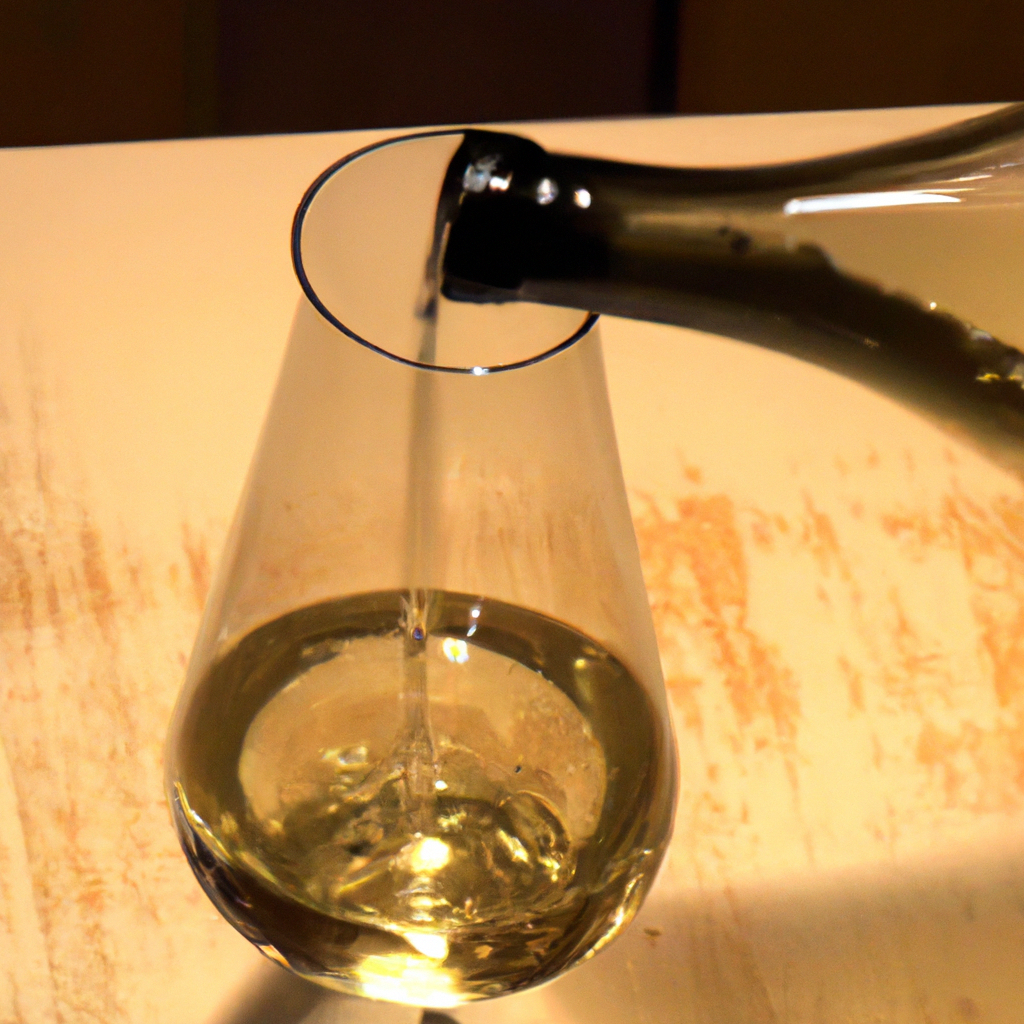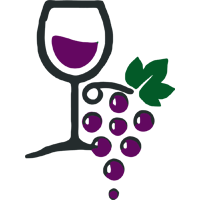Inquiry to a Wine Expert: Is Decanting White Wine Necessary?

-
Article Summary
- Inquiry to a Wine Expert: Is Decanting White Wine Necessary?
- Key Takeaways
- Introduction: Unveiling the Decanting Debate
- Understanding Decanting
- The Impact of Decanting on White Wine
- When to Decant White Wine
- FAQ Section
- 1. How long should I decant white wine?
- 2. Can decanting harm white wine?
- 3. What type of decanter should I use for white wine?
- 4. Can I decant white wine in its bottle?
- 5. Is decanting white wine a matter of personal preference?
- Conclusion: To Decant or Not to Decant?
- Revisiting the Key Takeaways
Inquiry to a Wine Expert: Is Decanting White Wine Necessary?

[youtubomatic_search]
Key Takeaways
- Decanting white wine is not always necessary but can enhance the flavor and aroma of certain types.
- The process of decanting involves exposing the wine to oxygen, which can help to soften tannins and release aromas.
- White wines with more complexity and age can benefit from decanting, while younger, lighter whites may not need it.
- Decanting should be done carefully to avoid overexposure to oxygen, which can lead to oxidation and spoilage.
- Experts recommend experimenting with decanting to find your personal preference.
Introduction: Unveiling the Decanting Debate
Decanting wine is a practice often associated with reds, but what about white wine? Is it necessary to decant white wine, and if so, when and why? This article delves into the world of wine decanting, exploring the reasons behind this practice and its impact on white wine.
Understanding Decanting
Decanting is the process of pouring wine from its bottle into a decanter or another vessel before serving. This practice serves two main purposes: to separate the wine from any sediment that may have formed and to aerate the wine, allowing it to breathe and open up its flavors and aromas.
The Impact of Decanting on White Wine
While decanting is a common practice for red wines, particularly those that are older or more tannic, it’s less frequently used for white wines. However, that doesn’t mean it’s not beneficial. Certain types of white wine can indeed benefit from decanting. For instance, fuller-bodied whites like Chardonnay or Viognier, or aged whites that have developed complexity over time, can often benefit from aeration. Decanting these wines can help to enhance their flavors and aromas, making for a more enjoyable drinking experience.
When to Decant White Wine
Not all white wines need to be decanted. Younger, lighter whites like Pinot Grigio or Sauvignon Blanc are typically ready to drink straight from the bottle and may not benefit significantly from decanting. However, if a white wine has a strong aroma that could be off-putting, decanting can help to dissipate this, making the wine more palatable.
FAQ Section
1. How long should I decant white wine?
It depends on the wine. Some may benefit from just 15-30 minutes of decanting, while others may need up to an hour. It’s best to taste the wine periodically to determine when it’s ready.
2. Can decanting harm white wine?
Yes, if done incorrectly. Overexposure to oxygen can lead to oxidation, which can spoil the wine. It’s important to decant carefully and not leave the wine decanted for too long.
3. What type of decanter should I use for white wine?
Any clean, clear glass or crystal decanter will work. Some people prefer decanters with a wide base to allow for more surface area for the wine to interact with the air.
4. Can I decant white wine in its bottle?
While it’s possible to simply leave the bottle open to let the wine breathe, this doesn’t provide as much surface area for aeration as decanting into a separate vessel.
5. Is decanting white wine a matter of personal preference?
Yes, ultimately, whether or not to decant white wine comes down to personal preference. Some people find that they prefer the taste of decanted wine, while others do not notice a significant difference.
Conclusion: To Decant or Not to Decant?
Decanting white wine is not a hard and fast rule, but rather a practice that can enhance the drinking experience for certain types of wine. While not all white wines need decanting, those with more complexity and age can often benefit from aeration. However, it’s important to decant carefully to avoid overexposure to oxygen, which can lead to oxidation and spoilage. Ultimately, whether or not to decant white wine comes down to personal preference, and wine lovers are encouraged to experiment with decanting to find what works best for them.
[youtubomatic_search]
Revisiting the Key Takeaways
- Decanting white wine can enhance the flavor and aroma of certain types, particularly those with more complexity and age.
- Decanting involves exposing the wine to oxygen, which can help to soften tannins and release aromas.
- Not all white wines need decanting, and the practice should be done carefully to avoid overexposure to oxygen.
- Decanting is ultimately a matter of personal preference, and wine lovers are encouraged to experiment to find what works best for them.



